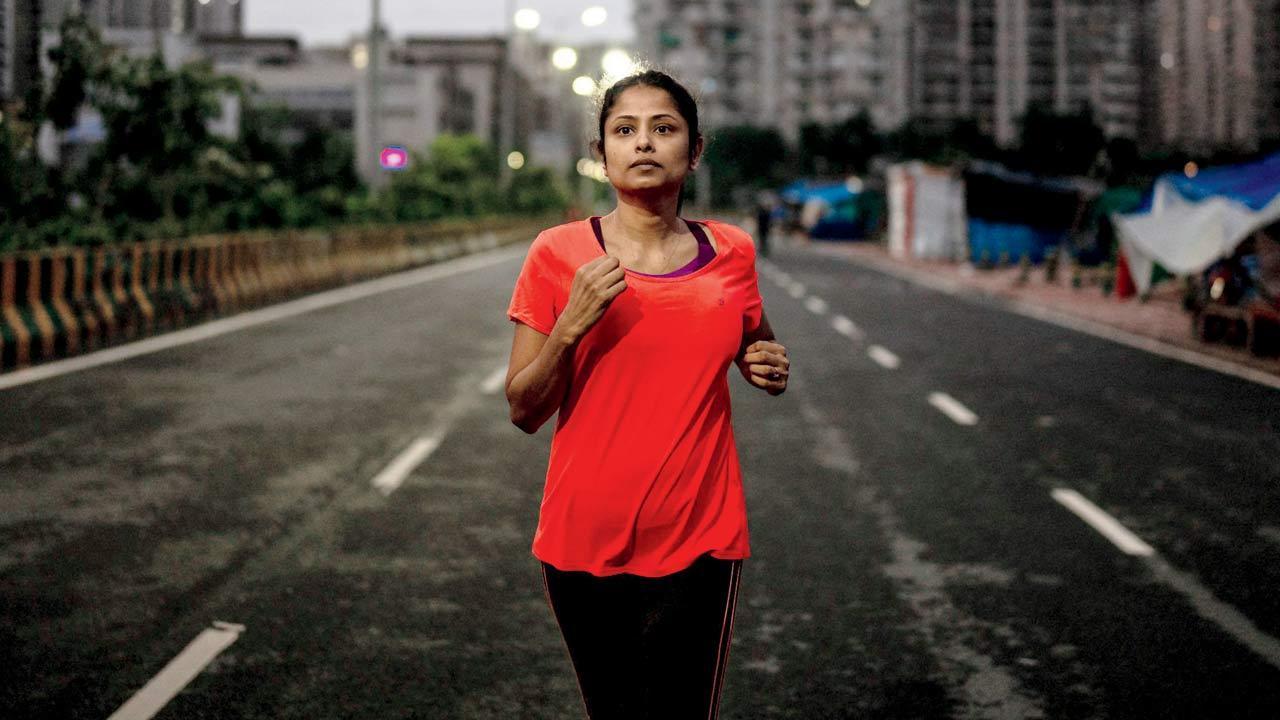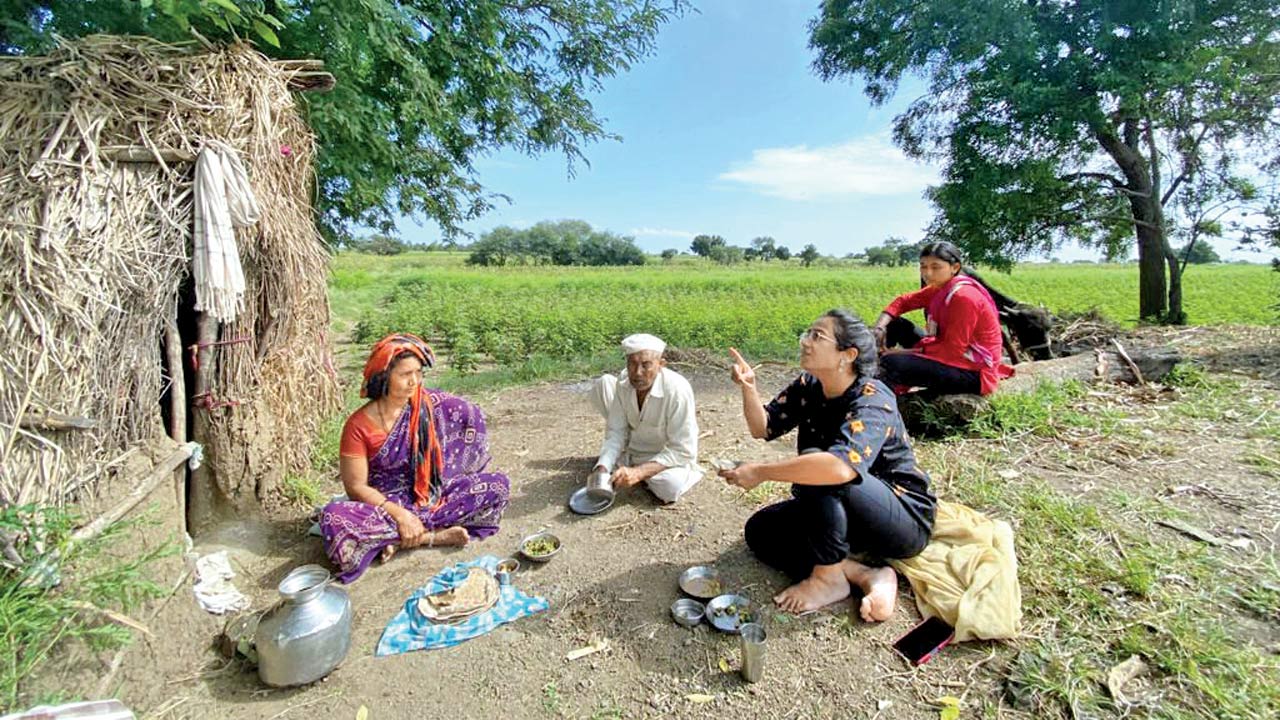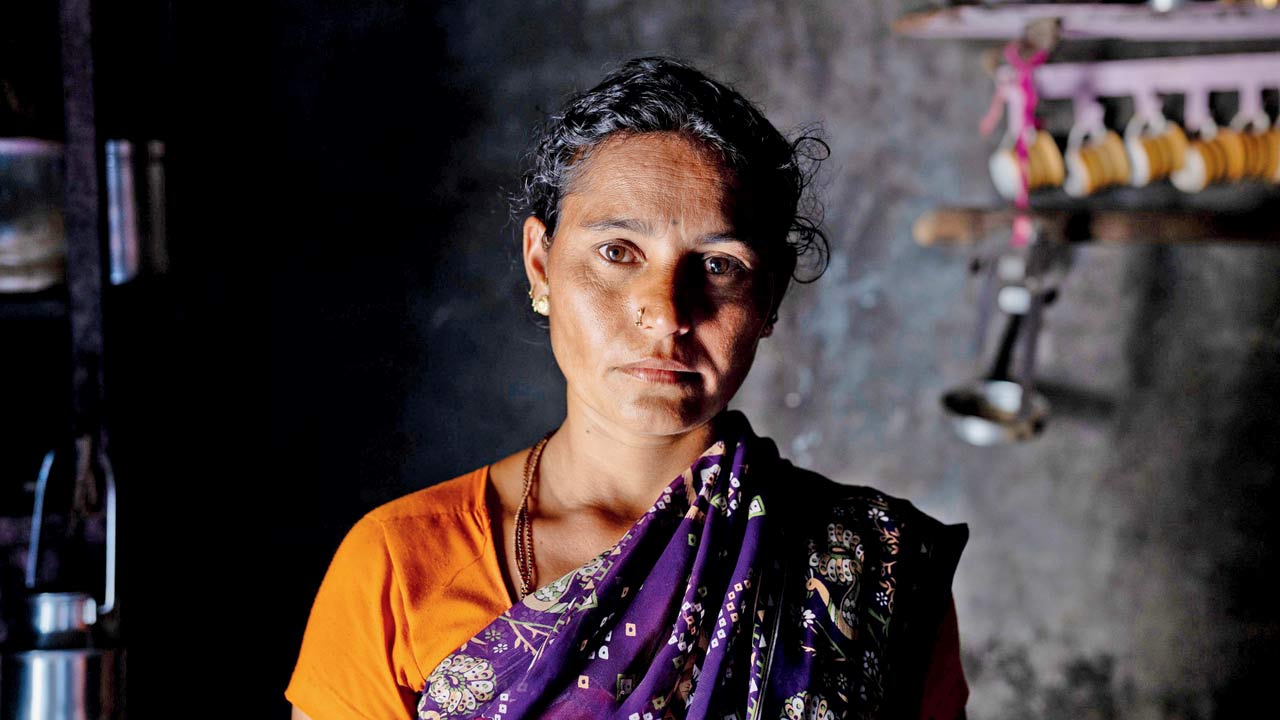A just-released docu series looks at the challenges faced by women who lost their husbands to COVID-19, and how they chalked out a new identity for themselves

Susan’s husband Shashi died in New Delhi’s second Covid-19 wave in May 2021
Right at the beginning of a just released short documentary, we are taken inside a home in the village hamlet of Tandalyachiwadi in the Beed district of Maharashtra. A woman and a young girl are seen seated in a dimly-lit room, against a shelf filled with old utensils, looking away from the camera. “When I ask her to study she says, ‘dad was going to help me finish school? Who will educate me now?’ And then she cries,” says the older woman in Marathi, while talking about her daughter Sona, who sits beside her. The absence of her husband looms over her life and home, but Rajubai’s grieving is restrained. “Don’t cry,” she tells Sona, while fighting back her own tears.
ADVERTISEMENT
Rajubai is one of the many widows, whose lives came undone due to Covid. Her story finds its way in a new three-part series Covid’s Widows, created by Cutting Chai Content, as part of its Crisis, India’s Reckoning project, which captures how this virus is affecting and changing lives.

Journalist Shriya Mohan interviewing Rajubai in Beed
The idea for the series was first suggested by Nidhi Dutt, executive producer and writer, founder of Cutting Chai Content. “I’d had a personal experience of my husband being critically ill, and me being told, ‘you may be by yourself in the coming days’. A part of me was really curious—probably due to my psychological approach to the trauma I had been through—about what it looks like on the other side. And who are these women, who fought as hard as I did, but unfortunately didn’t come out on the right side like me,” she says over a Zoom call. Joanna Gideon was production manager.
Journalist Shriya Mohan, who is series producer, says that the one thing they were certain about, was wanting to tell very personal stories. “We wanted to get into the psyche of these women. India has traditionally been a country that has been unkind to its widows. But, how does that look like today? What does it mean to be a modern-day widow?” asks Mohan.
The first story in the series is that of Susan, who belongs to an upwardly mobile family, and has a corporate job. The film explores what the loss of her husband Shashi, who died in New Delhi’s second Covid-19 wave in May 2021, did to her and their seven-year-old daughter, Seher. In the next, Rajubai, who belongs to a marginal farming family, is driven to poverty, when her husband, being treated for Covid-19 at a private hospital, dies by suicide, because he was unable to foot the medical bills. “The third story, which is yet to release, is about a woman from a Rajput, middle-class family, where the gender norms are severely pitted against her,” says Mohan, adding, “For us, it was about finding a sort of commonality in these stories—that no matter what social class you come from, the challenges that you wake up to are the same.”

Rajubai’s family in Beed was driven to poverty when her husband, being treated for Covid-19 at a private hospital, committed suicide, because he was unable to foot the medical bills
In Susan’s case, for instance, she explains how tough it was for her to secure her property in her name. “[In the docu], Susan says that she woke up one morning, and realised that nothing belonged to her. When Rajubai’s husband dies, he leaves behind a huge debt; she is essentially raising her kids on her own, with not a single person to help pitch in with the financial burden,” says Mohan.
Grief plays out differently in each story, and while in their grieving there’s sadness, there’s also strength. “All these women had the daunting task of building a new life. They had to rise up in a world where you are no longer defined by your husband or your marital status. They are chalking out a new identity against all odds,” says Mohan. Dutt adds, “Our biggest hope was to just see what it takes to start over again, after all that they’ve been through.”
TO WATCH FILMS: cutting chaicon tent.com/crisis
 Subscribe today by clicking the link and stay updated with the latest news!" Click here!
Subscribe today by clicking the link and stay updated with the latest news!" Click here!








